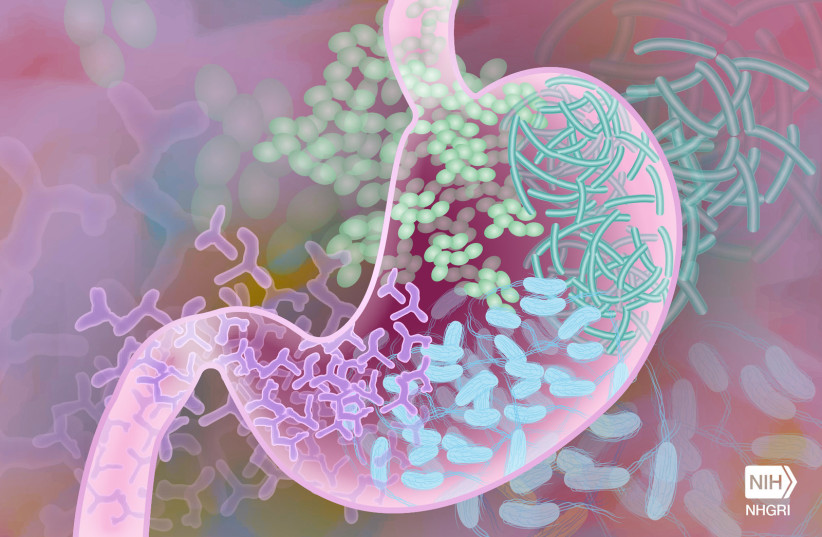"Second brain," a concept that is gaining popularity among experts, is the examination of the activity of intestinal bacteria in our digestive system — the microbiome.
Only now is the scientific and medical community beginning to understand how the balance of bacteria in the gut affects aspects of overall health but scientists have already pointed out a link between good bacteria and the proper functioning of the digestive system.
This, they explained, leads to better heart health, lower cholesterol, a stronger immune system and even better coping mechanisms for anxiety and depression.
Do you take probiotics?
This is why — worldwide — many choose to take probiotics regularly, which may contribute to improving the balance of good bacteria in the gut.

However, like any drug and supplement, probiotic supplements can clash with other substances in a way that could impair their effectiveness and absorption.
One interesting example of this is the reaction of gut bacteria to a drink that most of us need to start our days: coffee. The connection between the two is complex. The good news, however, is that coffee can actually improve bacterial balance.
It’s been proven that coffee can be very beneficial to health if you don’t overdo it — i.e. drink more than five cups a day. In the context of gut bacteria, drinking coffee, especially black, can be very beneficial.
A 2019 study published in The American Journal of Gastroenterology found that people who drank two or more cups of coffee every day had a higher rate of good gut bacteria compared to those who drank less or didn’t drink coffee at all. Experts estimate that the reason for this is the chlorogenic acid found in coffee which contributes to health in a wide range of other aspects.But if you like your coffee sweet you should know that loading your coffee with sugar harms your health and might cancel the beneficial effect of coffee on intestinal bacteria and digestive system health.
The bad news: If you do take probiotics — you should wait before drinking coffee.
Most researchers believe that drinking coffee doesn’t cause a problematic interaction with probiotic supplements, unlike other supplements whose caffeine may impair their absorption such as calcium, iron, magnesium and some of the B vitamins.
But, if you are taking probiotic supplements, coffee can "kill" them if you drink it right before, or immediately after, taking them.
This is mainly due to the heat of the drink, so tea can also be problematic.
The bacteria in these supplements are considered to be very sensitive, and any factor that increases the temperature or acidity in the stomach may eliminate them before they safely reach their permanent residence in the gut. So ideally, take the supplement as soon as you get up or just before bed on an empty stomach.
What's the best way to take supplements?
If you want to ensure optimal absorption of bacteria in the gut, you should wait with the morning hot drinks for at least an hour or two after taking supplements.
During this time window, it is recommended to avoid:
- Very hot foods, which can also harm the sensitive bacteria
- Simple sugar
- Saturated fat
- Red meat
- Carbonated beverages, or anything else that usually gives you heartburn.
Probiotic supplements are not the only way to improve the bacterial balance in the digestive tract.
There are other foods that help with this:
- Yogurt
- Sauerkraut
- Pickles
- Specific cheeses, like cheddar, mozzarella and gouda.
